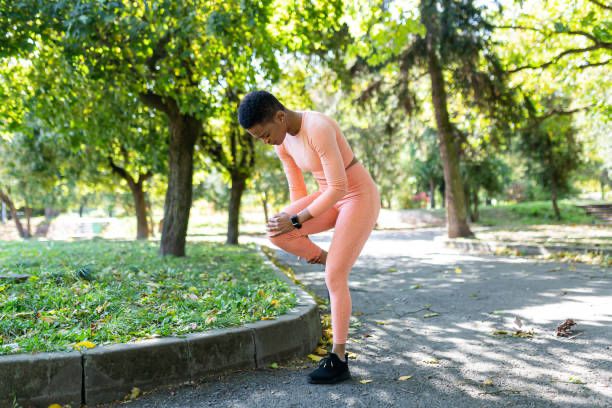Global temperatures are increasing drastically, which means one thing has to change in your daily routine; You have to drink more water. Increase your level of drinking water.
Walking or working out in hot temperatures can cause you to become dehydrated, and quickly, if you’re not good about monitoring your water intake. Adequate water consumption is vital for carrying out normal body functions, and not getting enough of it can throw your body off balance and even make you feel sick.
How much water should you be drinking each day?
While there are several different methods used to calculate how much water an individual needs, the general recommended intake is around nine cups of water per day for women, and about 12.5 cups for men. The suggested water intake fluctuates as activity levels and temperatures outside increase. Intake needs are also respective to body size, as well.

The body compensates with the increase in core temperature when exercising by sweating to dissipate the heat. Athletes should increase their fluid intake to replace the fluid lost through sweat.
In general, it is recommended to drink 3 to 8 fluid ounces every 15 to 20 minutes of exercise to prevent dehydration.
5 immediate side effects associated with not drinking enough water.
These five side effects could be indicative of dehydration.
Rise in body temperature
Sweat is how your body naturally cools itself and stabilizes its internal temperature. Without enough water, your body cannot properly sweat and as a result, your core temperature increases, which can make you feel hot.
Drop in blood pressure
Dehydration occurs largely because of a decrease in the volume of plasma, which is the liquid part of the blood that contains proteins—and as a result, blood pressure also drops.
Nausea or vomiting
In response to the rise in internal body temperature, a decrease in blood pressure, and an increase in heart rate, you could become nauseous or even begin throwing up.

Muscle cramp
Sweating may cause a decrease in both plasma volume and electrolyte levels (think sodium and potassium), which is associated with exercise-induced muscle cramps.
Constipation
Water helps to move food along through your gastrointestinal system. A deficit in water could cause you to feel backed up. While it’s not nearly as common, it does point out that it’s possible to drink too much water and the side effects are similar.
2 major long-term side effects of not drinking enough water?
If inadequate water consumption persists, you could become at risk of:
Kidney stones and urinary tract infection
If you’re someone who repeatedly has kidney stones or UTIs, it’s likely you aren’t drinking enough water to flush out bacteria and stone-forming minerals.
Bronchopulmonary disorders (exercise-induced asthma)
Hydration status and the fluid in the lungs and airway play an important role in proper airway clearance.
Avoid all of these side effects by carrying around a reusable water bottle with you always, especially if you live in hot regions. Although, there are plenty of other ways you can stay hydrated aside from drinking water alone. Smoothies, soups, milk, fruits are also a great source of fluids.
